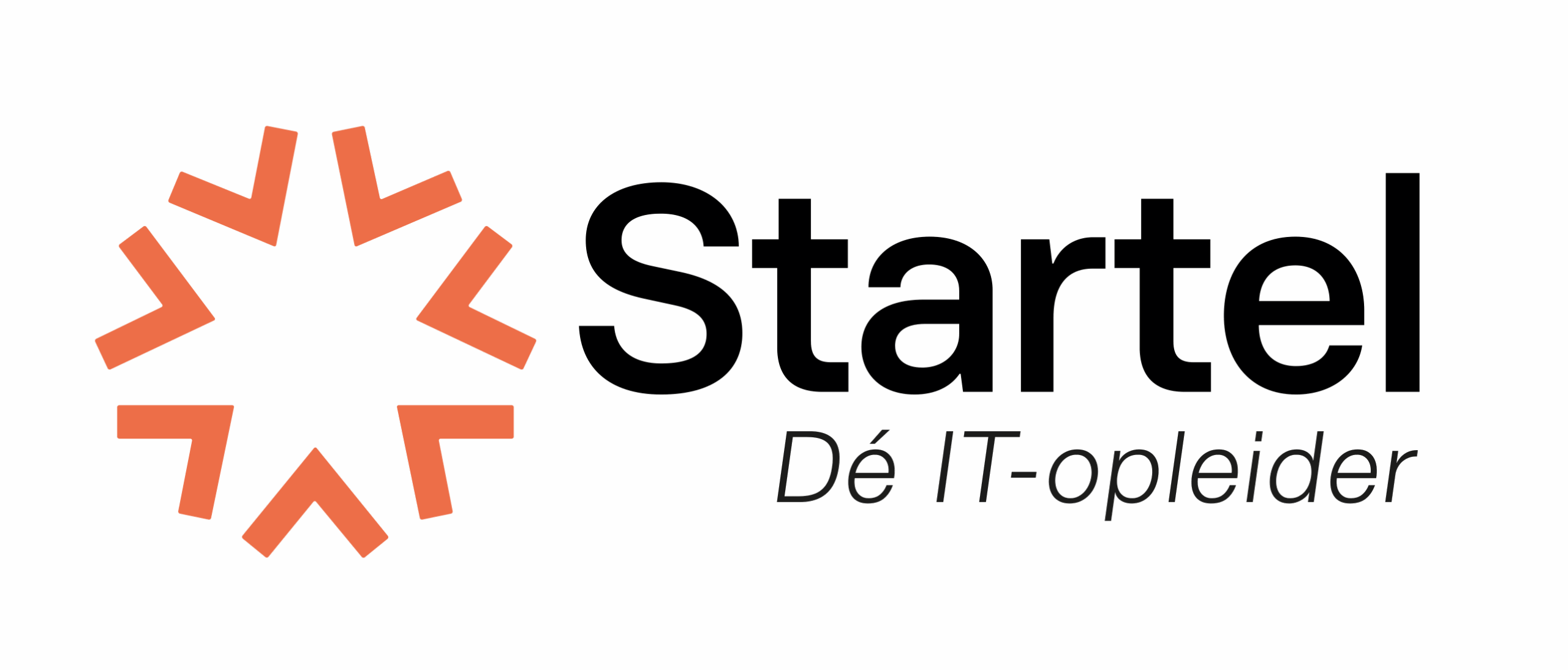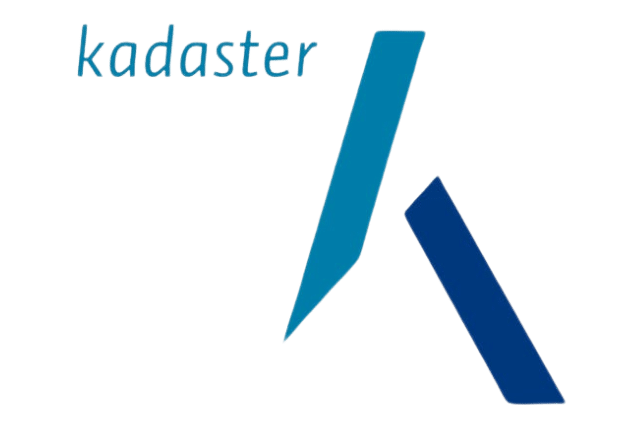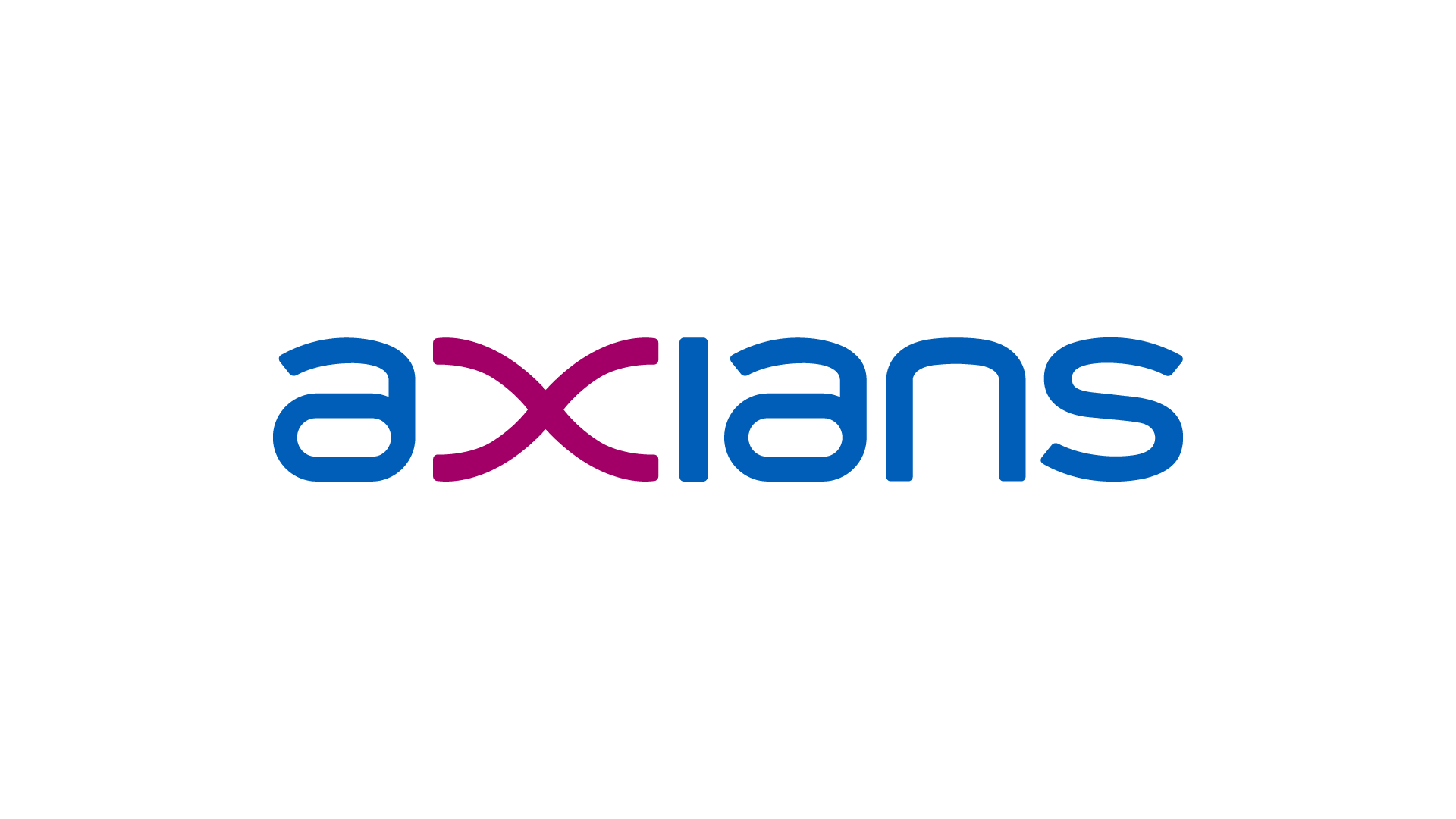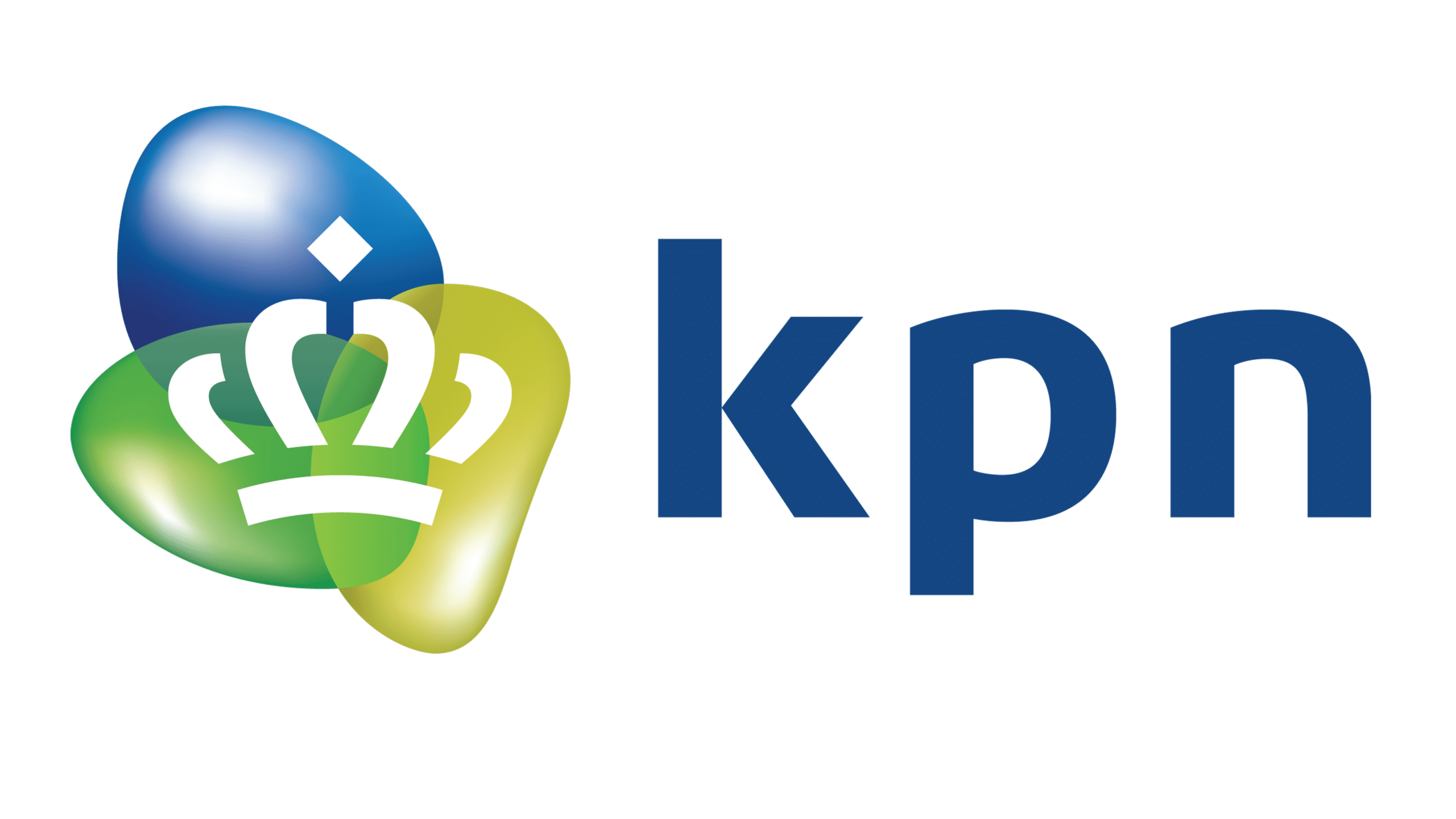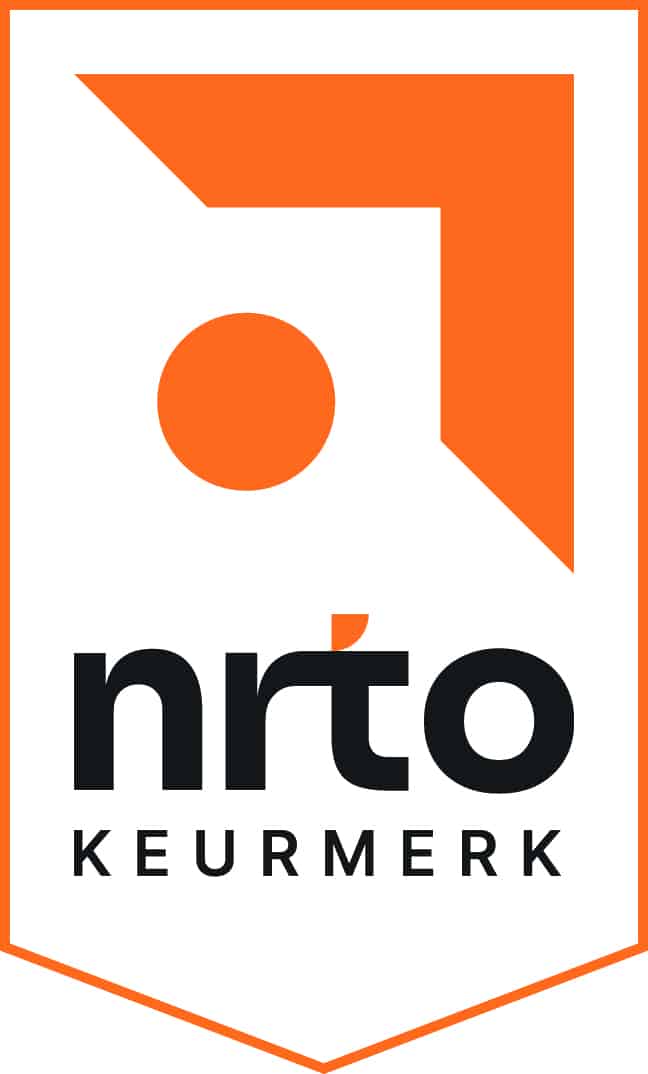About the Kubernetes Administration course
This course is entirely in English.
This Kubernetes Administration Certification training course covers the core concepts typically used to build and administer a Kubernetes cluster in production, using vendor-independent tools. We build a cluster, determine network configuration, grow the cluster, deploy applications and configure the storage, security and other objects necessary for typical use. This Kubernetes Administration Certification training course offers exposure to the many skills necessary to administer Kubernetes in a production environment.
Note: There is no exam voucher included with the course.
Who is this Kubernetes cource for?
This Kubernetes Administration Certification training course is suitable for anyone who wants to learn the skills necessary to build and administer a Kubernetes cluster.
NB NOTE: This course does not focus on one vendor’s tools. Most courses are vendor locked. We use kubeadm to deploy the cluster and focus on tools that would work on anyone’s Kubernetes cluster.
Course objectives of this Kubernetes course
In this Kubernetes Administration Certification training course, you will learn how to install and configure a production-grade Kubernetes cluster, from network configuration to upgrades to making deployments available via services. Also handle the ongoing tasks necessary for Kubernetes Administration.
Certified Kubernetes Administrator (CKA). You can find out more about this certification on the Cloud Native Computing Foundation™ website.
This course is excellent preparation for the Certified Kubernetes Administrator (CKA) exam. As with all our certification preparation courses, further study and practise is strongly recommended prior to taking the exam.
If certification is not your priority, this course is also suitable for you.
Note: There is no exam voucher included with the course.
Recommended prerequisites
- Students should have an understanding of Linux Administration skills, comfortable using the command line. Must be able to edit files using a command-line text editor.
- This certification is for Kubernetes administrators, cloud administrators and other IT professionals who manage Kubernetes instances.
- CERTIFICATION OPTIONAL - This course is specifically designed to equip you with the essential working knowledge of Kubernetes and introduces new skills to effectively manage, troubleshoot, and optimise Kubernetes clusters. Pursuing an official Kubernetes Administration Certification is optional.
Course Outline Kubernetes Administration
Kubernetes Administration
1. Introduction
- Laboratory Exercises, Solutions and Resources.
- Distribution Details.
- Labs.
2. Basics of Kubernetes
- Define Kubernetes.
- Meaning of Kubernetes.
- Adoption.
- Project Governance.
- Labs.
3. Installation and Configuration
- Getting Started With Kubernetes.
- Minikube.
- kubeadmin.
- More Installation Tools.
- Labs.
4. Kubernetes Architecture
- Kubernetes Architecture.
- Networking.
- Other Cluster Systems.
- Labs.
5. APIs and Access
- API Access.
- Working with First Pod.
- Kubectl and API.
- Swagger and OpenAPI.
- Labs.
6. Managing State With Deployments
- Deployment Overview.
- Managing Deployment States.
- Deployments and Replica Sets.
- Labels.
- Labs.
7. Services
- Overview.
- Accessing Services.
- DNS.
- Labs.
8. Volumes and Data
- Volumes Overview.
- Volumes.
- Persistent Volumes.
- Secrets.
- ConfigMaps.
- Labs.
9. Ingress
- Overview.
- Ingress Controller.
- Ingress Rules.
- Labs.
10. API Objects
- API Objects.
- The v1 Group.
- API Resources.
- RBAC APIs.
- Labs.
11. Scheduling
- Overview.
- Scheduler.
- Policies.
- Affinity Rules.
- Taints and Tolerations.
- Labs.
12. Logging and Troubleshooting
- Overview.
- Monitoring.
- Logging.
- Troubleshooting.
- Labs.
13. Custom Resource Definition
- Overview.
- Third-Party Resources.
- Custom Resources.
- Labs.
14. Kubernetes Federation
- Overview.
- Federation.
- Using Cluster API.
- Labs.
15. Helm
- Overview.
- Helm.
- Using Helm.
- Labs.
16. Security
- Overview.
- Accessing the API.
- Authentication and Authorization.
- Admission Controller.
- Pod Policies.
- Network Policies.
- Labs.




